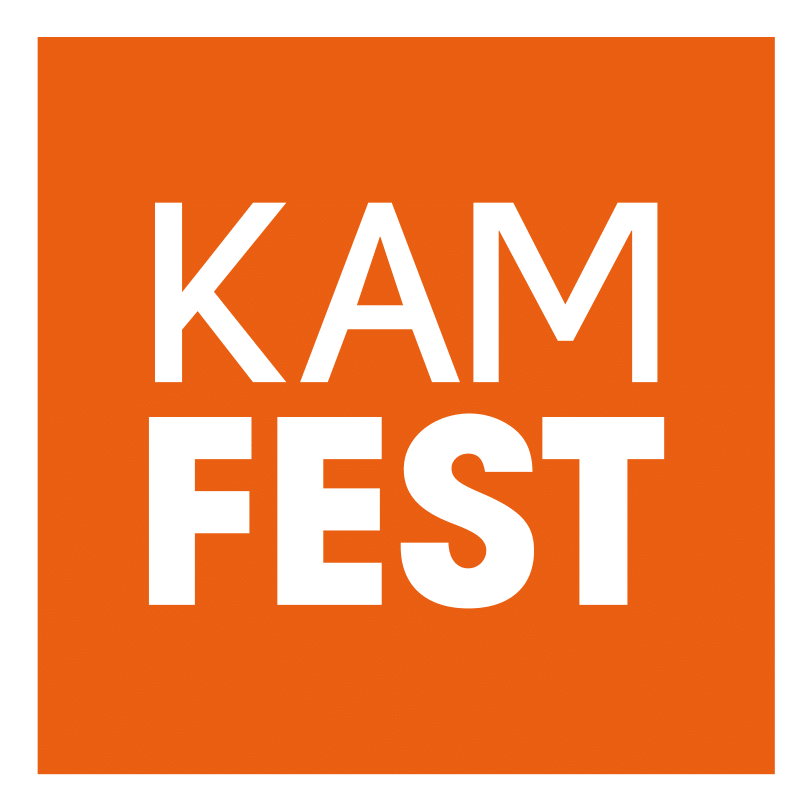Music can’t stop wars, but it can offer comfort and hope, says this year’s festival composer, Jörg Widmann.
“I cannot stay silent about the terrible wars taking place in our world,” says Jörg Widmann (52).
Earlier this year, Widmann was commissioned to write a piece for the Philharmonisches Staatsorchester Hamburg. But he couldn’t “just” compose a beautiful work — it had to address the wars unfolding now. The result was Cantata in tempore belli – Cantata in a Time of War.
“Music has, among many other qualities, one very special power: comfort. Like a mother holding her child and saying, ‘Don’t cry.’ You find this in Brahms – he offers comfort through his music. The cantata ends with the words ‘Et in terra pax’, which means ‘And peace on Earth.’ It culminates in a triumphant cry for peace,” says Widmann.
He knows music won’t stop any war, but he had to raise his voice.
“Robert Schumann once said: ‘To send light into the darkness of men’s hearts – that is the duty of the artist.’ In contemporary music, or in my own music, that’s not always the main goal. But the more I reflect on the wars, the more I think Schumann was right – we should send light into the depths of the human heart.”
World-Class Artist
Widmann is a world-class composer, conductor, and clarinetist. According to the website Bachtrack, he was in 2023 the third most-performed living contemporary composer in the world – after John Williams and Arvo Pärt. How does he manage to balance all three disciplines at such a high level?
“First and foremost, I’m very grateful to be allowed to do all these different things. I’ve spent the last three weeks composing, which means I’ve been home a lot – in Munich and Berlin. It’s always a little painful to move on after such periods. But stepping back on stage and making music with fantastic musicians and orchestras – that gives me energy.”
There are artists in every genre who do one thing their whole lives – and one day people call it a ‘style,’ he says. He’s not a fan of that concept.
“For me, the most interesting artists are those who constantly try to evolve – like Igor Stravinsky, who changed his style even in the last years of his life, or Picasso, or Miles Davis. That way of thinking resonates deeply with me.”
Conducting His Own Works
At Kamfest, he will conduct three of his own pieces with the Trondheim Symphony Orchestra.
“Fanfare für zehn Blechbläser is a piece for ten brass players. Short, modern fanfares, with echoes from the past, but with a twist – and with dissonances. Con Brio I wrote for the wonderful conductor Mariss Jansons. He was doing a Beethoven cycle and asked me to compose something that would go with Beethoven’s 7th and 8th symphonies. The piece is inspired by the modern elements in Beethoven’s music, translated into today’s musical language.
Danse Macabre is a more recent work written for large orchestra. Like generations of composers before me – Liszt and Rachmaninoff among them – I’ve been fascinated by the idea of the dead dancing at midnight. This is my musical interpretation of that.”
“I’m also really looking forward to playing Mozart’s Clarinet Quintet with the Belcea Quartet. I love those musicians. And I’m honored to conduct both the symphony orchestra and the Trondheim Soloists. A fantastic Norwegian violinist will lead the program.”
Reuniting with a Trondheim Musician
Viktor Stenhjem from Trondheim will not only lead the Trondheim Soloists but also perform a solo in Widmann’s piece Insel der Sirenen (Island of the Sirens).
“We’ve done a lot together with the Munich Chamber Orchestra. He’s an incredible musician, and I’m really looking forward to performing with him again.”
What matters most when you compose: the heart or the brain?
“The most important thing is that you have something inside that needs to come out. Without heart, you shouldn’t burden people with your music. When I wrote the opera Babylon – three and a half hours long – I worked with philosopher Peter Sloterdijk, who wrote the libretto. It involves 100 choir singers and 20 soloists. You can’t write an opera with just heart – it needs structure. The heart is the source – but it’s useless without the brain.”
Click here to read more about Jörg Widmann and listen to our festival playlist.
Written by Kai Kristiansen
Photo by M. Borggreve
